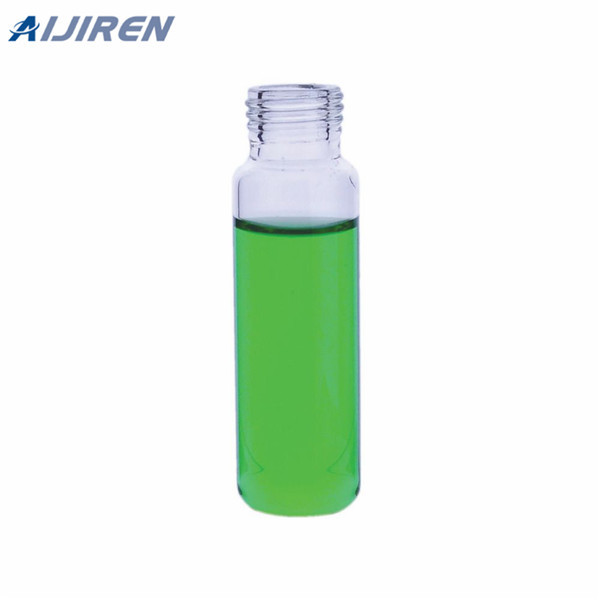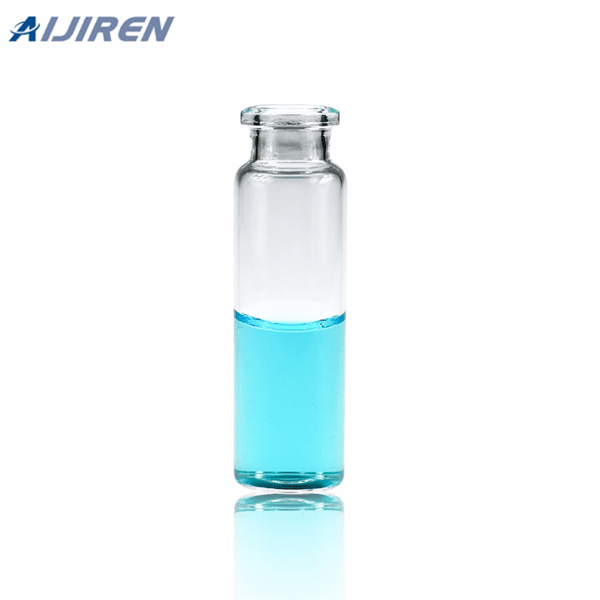.jpg)
1. INTRODUCTION. The pharmaceutical quality control laboratory serves one of the most important functions in pharmaceutical production and control. A significant portion of the CGMP regulations
.jpg)
Trace metal analysis is used to ensure compliance with legal requirements and regulations. In pharmaceutical, chemical and petrochemical industries, trace metal analysis is used in quality control to identify and measure metal contaminants in products such as drugs, fertilizers, cosmetics, packaging, medical devices, lubricants and catalysts.

Aug 31, 2023 · Good Manufacturing Practices or GMP is a system that consists of processes, procedures and documentation that ensures manufacturing products, such as food, cosmetics, and pharmaceutical goods, are consistently produced and controlled according to set quality standards. Implementing GMP can help cut down on losses and waste, avoid recall
.jpg)
Businesses have two ways of managing quality – quality control and quality assurance. Quality control. Quality control is the process of inspecting products and services to ensure that what
.jpg)
The VINSPEC HEALTHCARE system for automatic visual inspection enables seamless monitoring of the production quality of injection vials and their crimp caps. Without affecting the production speed, vaccines are efficiently checked for impurities and packaging defects.
.jpg)
Aug 15, 2023 · This customizable visual inspection report form can be used as a mobile-ready checklist app to easily access reference images and identify visual defects. Quality inspectors should use this checklist to effectively: Indicate product ID and location. Capture photo evidence of products and/or defects. Determine pass/fail decisions based on a

Quality Control. Quality control is designed to detect, reduce, and correct deficiencies in a laboratory’s internal analytical process prior to the release of patient results.Quality control samples are special specimens inserted into the testing process and treated as if they were patient samples by being exposed to the same operating
.png)
Dec 23, 2022 · Quality assurance (QA) is a quality management process that consists of establishing standards, guidelines and procedures to prevent quality issues and maintain the integrity of the product or service throughout its development. Quality assurance is often confused with quality control (QC), another component of a quality management system.
.jpg)
In-Sight 9902 Line Scan Vision System Vaccines are provided in small vials which must meet strict quality specifications to ensure integrity, efficacy and patient safety. In a plant that produces vaccine vials, several image processing systems ensure that all quality criteria are met.
.jpg)
Jun 15, 2023 · While quality assurance occurs during the entire process, from planning to maintenance of a product or project, quality control happens during the inspection phase. Another difference between QA and QC is that QA is proactive, while QC is reactive to any glitches or problems found. QA focuses on the processes during development, and QC is more
.jpg)
Nov 16, 2022 · Provide additional controls and testing based on the output of the risk assessment to ensure product quality. Ensure that your microbial recovery methods are capable of detecting the types of
.jpg)
DOCUMENTATION. Documentation is the key to GMP compliance and ensures traceability of all development, manufacturing, and testing activities. Documentation provides the route for auditors to assess the overall quality of operations within a company and the final product.

Jan 25, 2022 · The importance of lab quality. As noted by Ivan Krstic, PhD, head of Chemistry Solutions at Elsevier, lab work underpins all of the R&D life cycle and is vital to its progress. He adds that labs need to ensure scientists are able to capture and store data accurately and efficiently, and access and share existing data easily.
.jpg)
An on-site inspector can witness the appropriateness and adequacy of construction methods at all times. Even better, individual craftsmen can perform continuing inspection of materials and their own work. Exhaustive or 100% testing of all materials and work by inspectors can be exceedingly expensive, however.
.jpg)
Dec 8, 2020 · When a vaccine is too hot or too cold, it becomes less effective or even inactive. If stored at the incorrect temperature, vaccines can be ruined or unsafe for use. Most vaccines require refrigerated storage at between 2 and 8 °C. Some vaccines require temperatures as cold as -20°C. Some of the newer vaccines need to be kept ultra cold at -70°C.